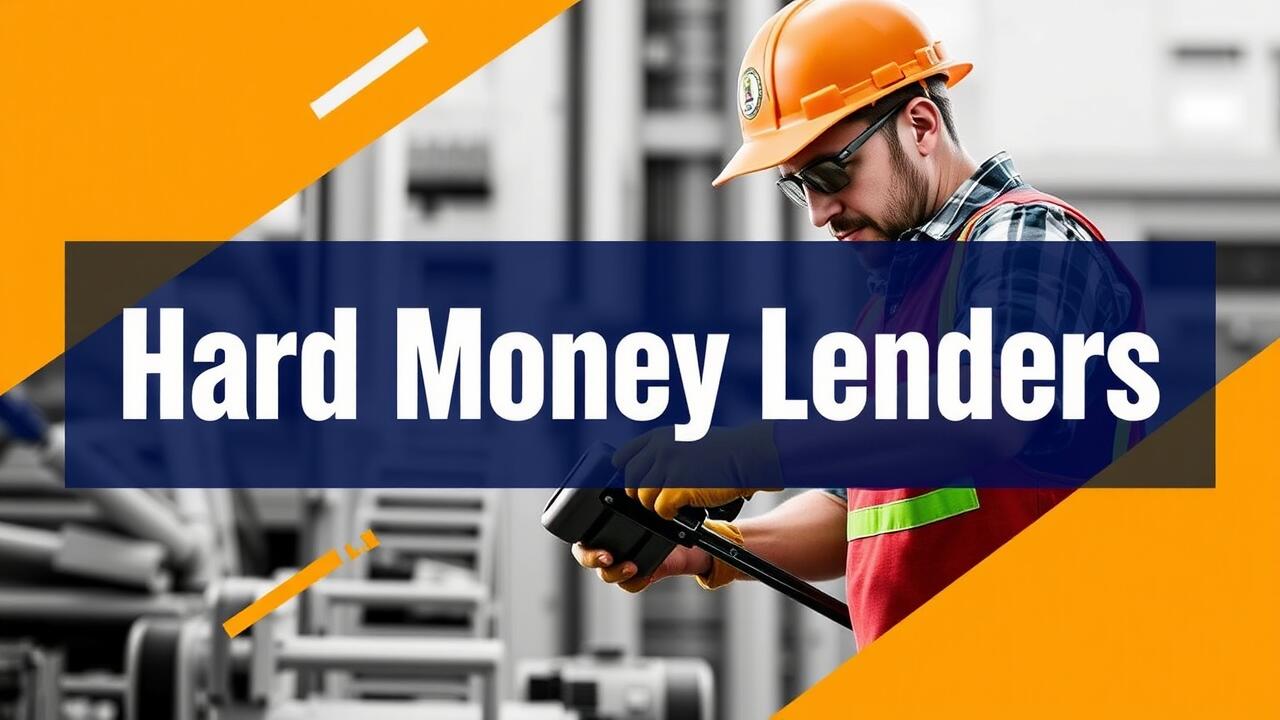
Table Of Contents
Risks Associated with Hard Money Loans
Investing in hard money loans can come with significant risks that borrowers should carefully evaluate. Hard money lenders often charge higher interest rates compared to traditional financial institutions. This increased cost can lead to financial strain, especially if the property does not appreciate as anticipated or if the borrower encounters unexpected expenses during the loan term. Moreover, hard money loans frequently have shorter repayment periods, which can add pressure to repay the loan quickly, increasing the risk of default.
Another risk associated with hard money loans involves the potential for predatory lending practices. Some hard money lenders may not fully disclose all fees or may include terms that are unfavorable to the borrower. Without proper due diligence, individuals can find themselves in precarious financial situations. It’s crucial for borrowers to understand all the terms and conditions set forth by hard money lenders before entering into an agreement.
Potential Financial Pitfalls to Consider
Hard money loans can provide quick access to capital, but they come with specific financial risks that borrowers should consider carefully. Higher interest rates are a hallmark of these loans, reflecting the increased risk that hard money lenders take on. Borrowers may find themselves paying significantly more in interest over the life of the loan compared to traditional financing options. This can strain budgets and impact overall financial health, particularly if the loan is not managed effectively.
Another potential pitfall is the short repayment term associated with hard money loans. Typically, these loans mature within a year or so, which means borrowers must either refinance or sell the property quickly to avoid default. The pressure to produce returns in a limited timeframe can lead to rushed decisions, potentially resulting in financial losses. Recognizing these risks is essential for anyone considering hard money financing, especially when working with hard money lenders who prioritize quick turnaround over long-term financial planning.
Alternative Financing Options
Alternative financing options can provide flexibility for those who may not qualify for traditional bank loans. These options often cater to a range of financial situations, including those with less than perfect credit. Hard money lenders typically focus on the value of the property rather than the borrower's credit history. This allows real estate investors to secure funding more quickly and can be advantageous in competitive markets where timely deals are crucial.
Other alternative financing methods include personal loans, lines of credit, and seller financing. Each comes with its own terms and conditions that can suit different needs. While hard money lenders prioritize speed and asset value, traditional loans usually require extensive credit checks and rigid documentation. Understanding the unique features of each option helps borrowers make informed decisions that align with their financial goals.
Comparing Traditional Loans to Hard Money Loans
Traditional loans generally require a lengthy approval process, often involving extensive documentation and credit checks. Lenders carefully assess borrowers’ creditworthiness, which can result in delays that may hinder timely property acquisitions. Interest rates for traditional loans are typically lower compared to hard money loans, but they come with stricter lending criteria and longer terms, making them suitable for stable financial situations.
In contrast, hard money loans are offered by private individuals or firms and prioritize the value of the property over the borrower's credit history. Hard Money Lenders focus on the asset rather than the financial background of the borrower, leading to quicker approvals. While these loans provide faster access to capital for real estate investments, they do come with higher interest rates and short repayment periods, reflecting their riskier nature. It’s important for borrowers to weigh these factors carefully when considering financing options.
How to Secure a Hard Money Loan
Securing a hard money loan involves a streamlined application process, which is a key advantage for many borrowers. Begin by outlining the purpose of the loan, whether it’s for investment, renovation, or other property-related goals. Hard money lenders typically prioritize the value of the property over the borrower’s credit history, which can simplify the process for those with less-than-perfect credit. Prepare detailed documentation such as property appraisals, investment plans, and any relevant financial statements to support your application.
Building a relationship with hard money lenders can also facilitate the process. Many lenders operate through personal connections and local networks, making communication crucial. It’s beneficial to approach several lenders to explore different terms and interest rates. Each lender may have specific requirements regarding down payments, collateral, and repayment timelines. Understanding these parameters can significantly influence the outcome of securing the necessary funding for your project.
Steps in the Application Process
Securing a hard money loan typically involves a streamlined application process compared to traditional financing methods. Borrowers generally begin by identifying a suitable hard money lender, who specializes in asset-based lending. The lender will assess the value of the collateral, usually real estate, to determine the loan amount. It's essential to present a clear plan for the project and demonstrate how the funds will be used.
Once the lender reviews the application, they may conduct a property appraisal and background check. Hard money lenders often prioritize the property’s value over the borrower’s creditworthiness. After agreeing on the terms, the closing process can be quick, allowing borrowers to access funds rapidly. This speed can be advantageous for those needing immediate financial support for investments or repairs.
FAQS
Do hard money loans require a down payment?
Yes, most hard money lenders typically require some form of down payment, which can range from 10% to 30% of the purchase price, depending on the lender and the property.
What factors influence the amount of down payment for a hard money loan?
The amount of down payment required can be influenced by factors such as the borrower's creditworthiness, the condition of the property, and the overall risk level assessed by the lender.
Can the down payment for a hard money loan be financed?
Generally, hard money lenders do not allow the down payment to be financed, so borrowers need to have liquid funds available to cover this cost upfront.
Are there hard money loans that do not require a down payment?
While rare, some private lenders may offer hard money loans with no down payment, but these typically come with higher interest rates and stricter terms due to the increased risk.
What are the benefits of making a down payment on a hard money loan?
Making a down payment can reduce the amount of the loan, minimize the lender's risk, and potentially lead to better loan terms, including lower interest rates.




